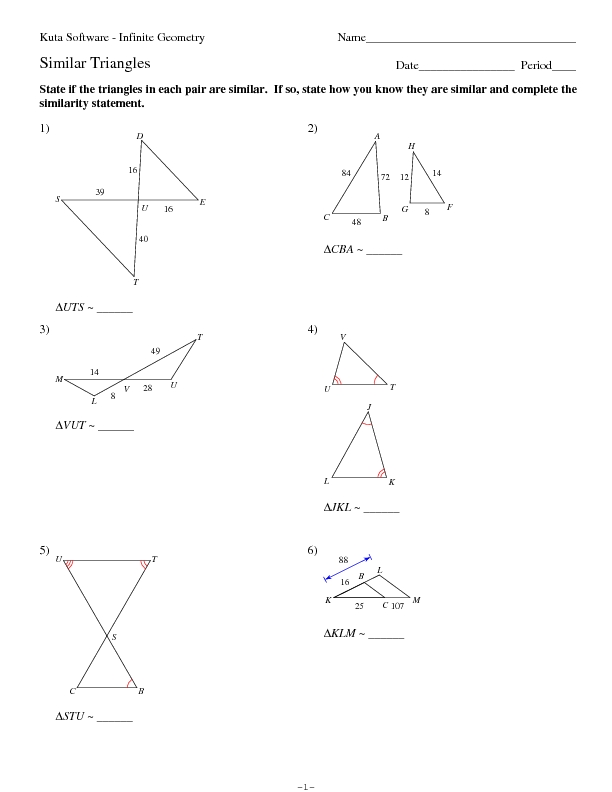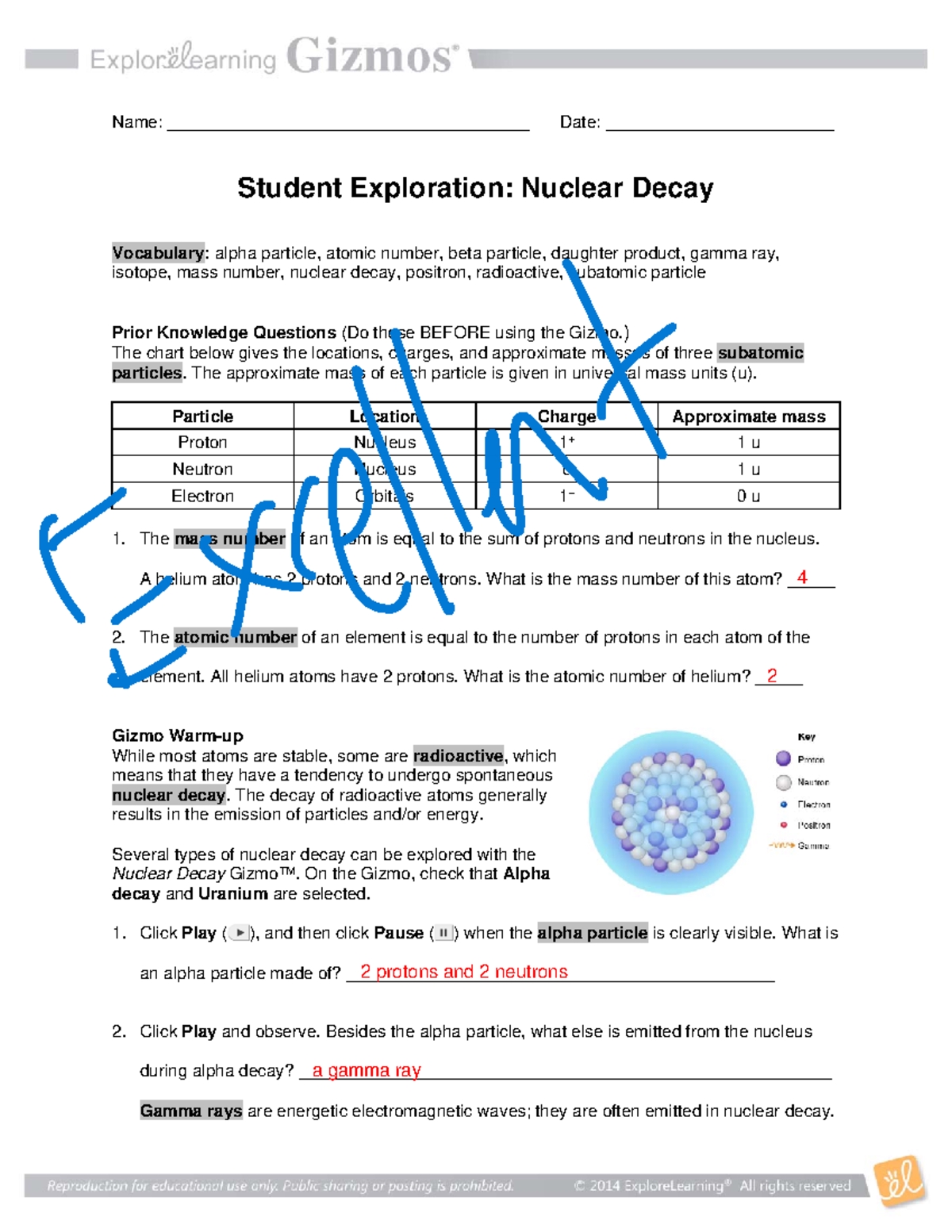Bill of Rights Scenarios Worksheet Answer Key

Understanding the Bill of Rights Through Real-Life Scenarios
The Bill of Rights, comprising the first ten amendments to the United States Constitution, is a cornerstone of American democracy. It enshrines the fundamental rights and freedoms of the American people, ensuring the federal government does not infringe upon them. To better grasp these rights, let’s explore some real-life scenarios and determine which amendments apply.
Scenario 1: Freedom of Speech
Alex, a high school student, writes an editorial for the school newspaper criticizing the school’s new uniform policy. The school administration is not pleased and threatens to censor the editorial. Which amendment protects Alex’s right to express his opinion?
- Answer: The First Amendment protects freedom of speech and the press, ensuring Alex’s right to express his opinions without censorship.
Scenario 2: Freedom of Religion
Emily, a devout Christian, wants to form a prayer group at school during lunch. The school administration denies her request, citing concerns about separation of church and state. Which amendment supports Emily’s right to practice her religion?
- Answer: The First Amendment guarantees freedom of religion, allowing individuals to practice their faith freely, including forming religious groups at school.
Scenario 3: Right to Bear Arms
Michael, a law-abiding citizen, wants to purchase a handgun for personal protection. His state has strict gun control laws, requiring a license and background check. Which amendment pertains to Michael’s situation?
- Answer: The Second Amendment protects the right to bear arms, but it also allows for regulations and laws governing the purchase and possession of firearms.
Scenario 4: Protection Against Unreasonable Searches
The police receive an anonymous tip that John is hiding stolen goods in his house. Without a warrant, they enter his home and search it. Which amendment prohibits such actions?
- Answer: The Fourth Amendment safeguards against unreasonable searches and seizures, requiring law enforcement to obtain a warrant based on probable cause before entering a private residence.
Scenario 5: Right to a Fair Trial
During a trial, the prosecution presents a piece of evidence that was obtained without a warrant. The defendant argues that this evidence should be excluded from the trial. Which amendment supports the defendant’s claim?
- Answer: The Fourth Amendment also applies here, as it ensures that evidence obtained through unreasonable searches and seizures cannot be used in a trial. Additionally, the Fifth Amendment’s Due Process Clause and the Sixth Amendment’s right to a fair trial are relevant.
Scenario 6: Right to Remain Silent
Samantha is arrested and questioned by the police. They try to get her to confess to a crime without informing her of her rights. Which amendment protects Samantha’s right to remain silent?
- Answer: The Fifth Amendment guarantees the right against self-incrimination, ensuring that individuals have the right to remain silent during questioning.
Scenario 7: Right to a Speedy Trial
After his arrest, David is held in jail for two years without a trial. His lawyer argues that this is a violation of his rights. Which amendment supports this argument?
- Answer: The Sixth Amendment ensures the right to a speedy trial, meaning that the accused should not be held for an unreasonably long period without being brought to trial.
Scenario 8: Protection Against Cruel and Unusual Punishment
A state passes a law that mandates physical punishment, such as caning, for certain crimes. Which amendment prohibits such punishments?
- Answer: The Eighth Amendment safeguards against cruel and unusual punishments, ensuring that penalties are humane and not excessively harsh.
Scenario 9: Rights of the Accused
Olivia is accused of a crime and cannot afford a lawyer. Which amendment ensures that she has the right to legal counsel?
- Answer: The Sixth Amendment guarantees the right to an attorney, including the provision of a public defender for those who cannot afford legal representation.
Scenario 10: Powers Not Delegated to the Federal Government
A federal law requires all states to adopt a specific curriculum in their schools. Which amendment pertains to this scenario?
- Answer: The Tenth Amendment reserves any powers not delegated to the federal government to the states or the people, limiting federal authority over state and local matters.
📝 Note: These scenarios are meant to illustrate how the Bill of Rights applies to real-life situations. In actual legal cases, interpretations and outcomes can be more complex and nuanced.
Understanding these amendments and their applications is crucial for appreciating the foundation of American liberty and justice. Each scenario highlights the importance of the Bill of Rights in safeguarding the rights and freedoms of U.S. citizens.
In summary, the Bill of Rights protects a wide array of rights, from freedom of speech and religion to the right to bear arms and protection against unreasonable searches. These amendments ensure that the government respects the liberties and dignity of the American people.
What is the main purpose of the Bill of Rights?
+
The Bill of Rights is designed to protect the fundamental rights and freedoms of the American people, ensuring the federal government does not infringe upon them.
Which amendment guarantees freedom of speech and the press?
+
The First Amendment protects freedom of speech and the press, ensuring individuals’ right to express opinions and publish information without government censorship.
What does the Fourth Amendment protect against?
+
The Fourth Amendment safeguards against unreasonable searches and seizures, requiring law enforcement to obtain a warrant based on probable cause before entering a private residence or seizing personal property.
Related Terms:
- Bill of rights scenarios quizlet
- Bill of Rights scenario cards



